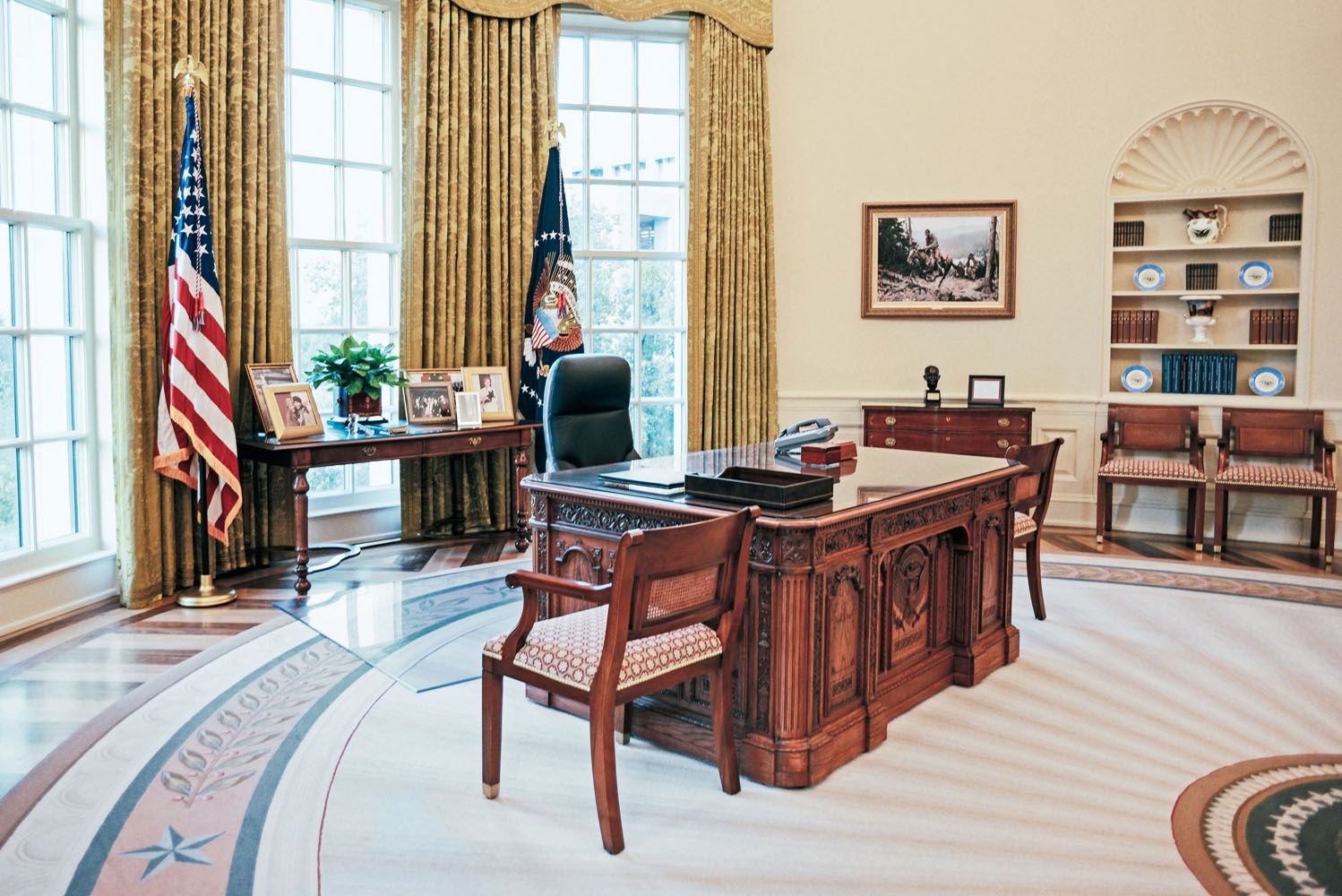The impeachment of Donald J. Trump has everything to do with the question of how much power the president of the United States should wield. It’s a constitutional crisis that has been building for years. There is little hope that it will be resolved any time soon and certainly not during the Senate trial presided over by Mitch McConnell, who has promised to do whatever the White House tells him to do.
Whether you support Trump or not you should care about the increasing power of the Executive over Congress. The creep of presidential power can be traced to the aftermath of World War II, but it was Vice President Dick Cheney who gave the idea of an infallible president its clearest articulation and defense. Arguing that President George W. Bush should have broad latitude to prosecute the Iraq War, he began a public debate about the role of the president in foreign policy decisions. The argument was rather simple: the president should be trusted because he represented the American people better than Congress.
It wasn’t an original argument, but it was one that gained currency as a justification for an unjust war started by Bush. The power to declare war is reserved for Congress in the Constitution. How is it, then, that the last time the US declared war was during WWII against Hungary? Presidents have used a variety of tools to subvert this power in all wars since. The argument for increasing Executive power took other forms. Executive orders to get the business of the people done have sometimes replaced the art of political compromise. President Obama used the Executive Order to deal with an obstructionist Congress and Trump is resorting to same tactic during his presidency.
But it is in the area of foreign policy that this expansion of power matters most. The Ukraine controversy has laid bare the risks of a president who acts in the name of the American people, unfettered by diplomatic protocol or fear of Congressional censure. Though some presidents given this power may act in the best interests of the United States, this one did not. He acted on his own behalf and in the interests of his own political career and was impeached for it.
Which brings me to genocide. Both houses of Congress recently passed a resolution recognizing the Armenian genocide. It was unanimous in the Senate and seemed to be a rare moment of bipartisan agreement in a divided America. Afraid of alienating Turkey, which denies that the mass killing of an estimated over one million Armenians, Assyrians, and Greeks during World War I was genocide, Trump declared that the United States does not recognize the genocide, ignoring Congress to create his own version of history.
I first heard about the controversy on the BBC World Service. It made me wonder what Trump’s denial says to foreign leaders and audiences about who is in charge here in the US. Though the genocide resolution was non-binding, it pointed to a shift in how Congress viewed not just this historical event but the repressive regime of Recep Tayyip Erdoğan and his current war against the Kurds in northern Syria. By denying genocide, Trump announced that it is he, and he alone, who will decide what the US stands for. World leaders paying attention to Ukraine and now this incident know that if they have the president’s ear and do the president’s bidding, they will not have to worry about a meddling Congress asking hard questions in the name of American interests. When one man ventriloquizes the voice of an entire people it creates opportunity for corruption and authoritarian rule.
I wonder if the Republicans who have pledged their “undying loyalty” to Trump, as Congress’ newest Republican did last week, have thought about what happens when their man is no longer in charge and another wields this expanded power. If Trump wins in 2020 and completes a second term he cannot run again unless, of course, he declares himself king. Since the Constitution explicitly prohibits the conveying of royal titles, this would be grounds for a second impeachment. Now that would be a trial worth watching.


